Protesters have taken to the famous landmarks in Barcelona to show their desire for a ‘Sí’ vote on the referendum for Catalan independence, scheduled for October 1st.

The national government in Madrid seems to be doing all in its power to prevent the vote from occurring. Reports show that forces have been sent to prevent citizens from entering voting booths, have confiscated millions of ballot papers, and arrested dozens of Catalan government officials for their role in instigating the referendum. Madrid has even prepared three ferries– which could hold upwards of 6,000 people– to move police officers into Barcelona, a move that is eerily reminiscent of the country’s authoritarian days. How did Catalan independence go from a fringe political topic to the forefront of Spanish politics? While little has changed in regards to Catalan autonomy in the last decade, Catalan politicians have been scrambling to find common ground in what is otherwise a state of extreme political disunity. Independence fits into a broader ‘Catalan Narrative’ and provides a band-aid solution for a much deeper issue of political fragmentation in Catalonia.
LEGALITY
At this point, the chances of a legally-binding referendum are slim. Spain’s constitutional court has ruled to suspend the legality of the referendum until it has considered more arguments regarding the unconstitutionality of the law. However, Article 2 of the constitution reads, “The Constitution… recognises and guarantees the right to self government of the nationalities and regions of which it is composed and the solidarity among them all.” The question that will be debated in the Court is whether ‘self-government’ implies that Catalans can vote to leave without a national mandate from other Spanish citizen. However, based on recent court rulings, it seems that the Court leans in favor of Madrid. Another fundamental obstacle to Catalan independence is that, while a clear majority of Catalans desire the right to vote on a referendum, actual support for independence has been estimated at around 41%.
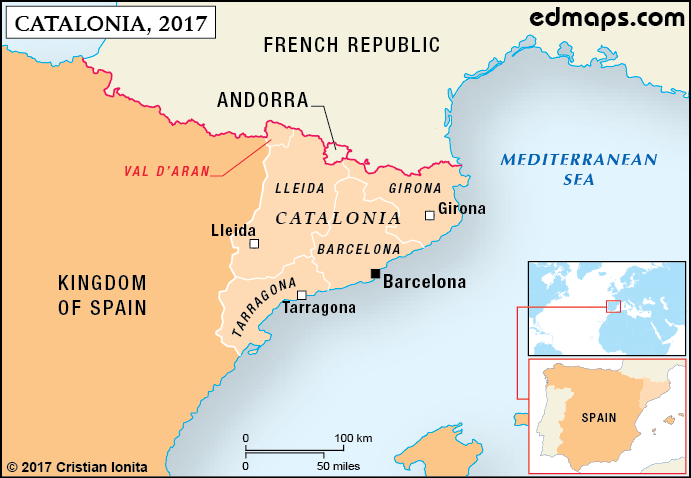
THE CATALAN NARRATIVE
The issue of independence gives politicians access to a very powerful set of rhetorics, originating from what researchers at McGill University call the ‘Catalan Narrative’. Catalonia’s history is propagated as a constant struggle for independence against outside forces. The research found that “the main national symbols — the flag (la Senyera), the national anthem (Els Segadors), and the national day (La Diada) — are built upon certain key historical events,” all relating to independence. The Catalan flag alludes to the community’s founding as a kingdom back in the 9th century while the national anthem refers to the Catalan revolt against the Castilians. The national day commemorates a historic defeat of Catalonia against a French-Spanish joint attack, which resulted in the abolition of Catalan laws and the Catalan language.
In the 1900’s, military dictator Francisco Franco had a similar policy of repression towards Catalan culture and language. The same researchers note that the formative historical narratives of Catalan identity “are related to wars and conquests; they are all events that could probably be described as traumatic.” Understandably, this creates a sense of unity within Catalans against the ‘others’ that politicians are able to exploit and use to increase their own support. The recent crackdown by Madrid doesn’t seem so far off from Catalans who have lived through the regime of Franco– and so calls for independence and warnings of the perceived threat of Madrid’s authoritarianism understandably resonate well in a region with such a historical narrative.
POLITICAL DISUNITY
Yet despite this rhetoric, support for full independence from Spain has been relatively low– and the region’s Statute of Autonomy, which has been intact since 1978, seemed to be an acceptable compromise for both Barcelona and Madrid. What has changed? Against the background of an economic downturn, increasing tensions with regards to immigration, and fragmented political parties, independence has become a powerful rallying cry for Catalan politicians to increase their party and parliamentary support.
In the Catalan parliament, coalitions are volatile, and member parties often have little in common. The President of Catalonia, Carles Puigdemont, explains this in regards to the independence coalition: “The [ideological] distance between my party and the CUP is huge”. For reference, Puigdemont represents the CiU, a center-left party; the CUP is known as an anti-establishment, far-left party. While this coalition has thus far succeeded, existing divisions foreshadow bigger issues in the future. For example, last year, the CUP (a fellow coalition member) opposed and took down the CiU’s budget proposal. This raises questions about the feasibility of a ruling coalition that relies on ideologically opposed members.
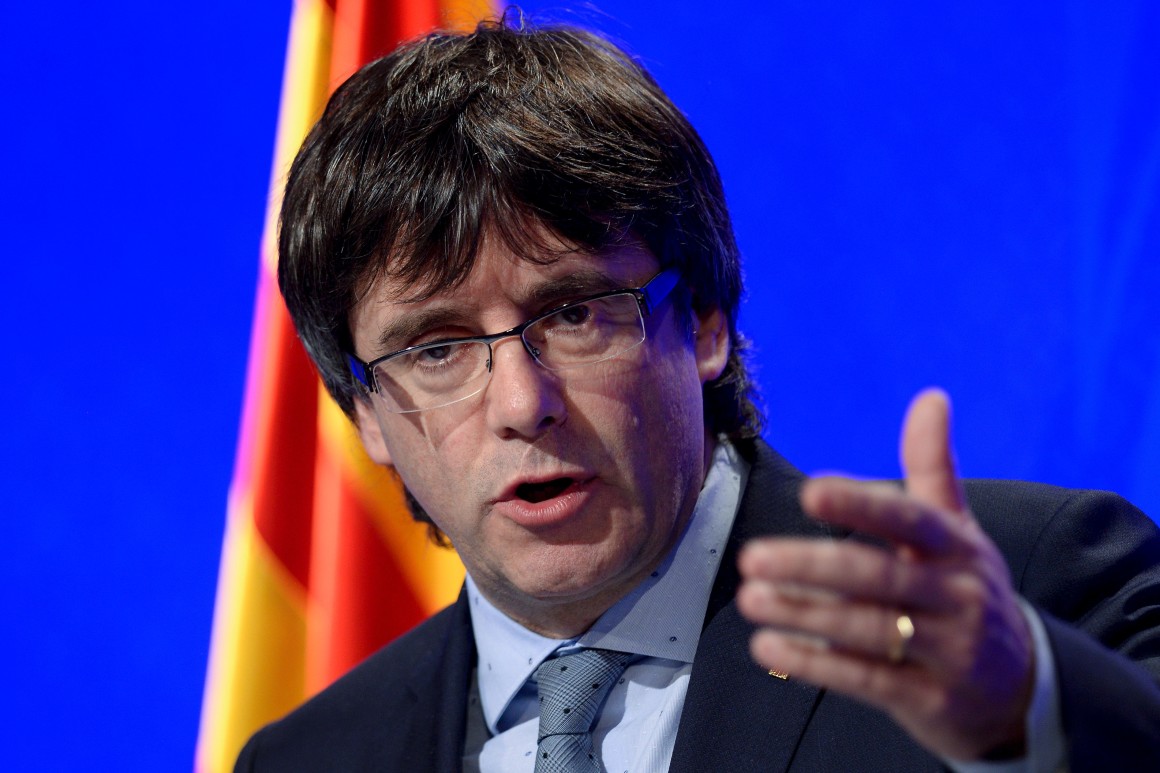
A platform based around independence has also become a powerful tool for politicians who can blame existing issues on the government in Madrid, and claim that independence will increase their ability to fix them. Madrid is now a scapegoat for a myriad of voter issues– as diverse as immigration, high unemployment, or federalism– for an equally diverse electorate in Catalonia. This may be useful in winning elections, but it is a dangerous gamble for politicians due to the diversity of ideologies that come attached to a “sí” vote. If the referendum passes, they will have to put their money where their mouth is– and with a voting base comprised of far-left anti-capitalists, center-right anti-immigration voters, and everyone in between, it is hard to imagine what a post-referendum political consensus would even begin to look like.
LOOKING AHEAD
Some observers have compared this referendum to Brexit and have started discussing the implications for Catalonia’s status in the European Union if it wins independence. Trade regulations, immigration issues, and monetary policy are all possibly at stake. A successful referendum would also be a green-light for similar independence-based politics in Galicia or the Basque country. However, it seems a bit premature to entertain questions on these topics when a) Madrid has made very clear the illegality of the referendum, and b) the referendum seems unlikely to pass regardless.
That is not to say that Madrid’s actions against this referendum are justified– they are, in some ways, correctly being compared to actions notoriously taken during Franco’s rule. Furthermore, Catalans deserve a chance to voice their concerns over what seems to be an increasingly-centrist national government in a country where regional culture and regional autonomy are highly valued. Instead, the lesson from the October 1 referendum should be one of caution. We know that the best way to ruin the chances of realistic redress to these issues is for opportunistic politicians to push the independence movement past its limits. Without more consensus within the coalition itself, a vote for independence will likely backfire due to its rocky foundations, undermining the legitimacy of very the issues Catalans are trying to voice– and they deserve more than that.
Featured Image Source: JOSEP LAGO/AFP/Getty Images
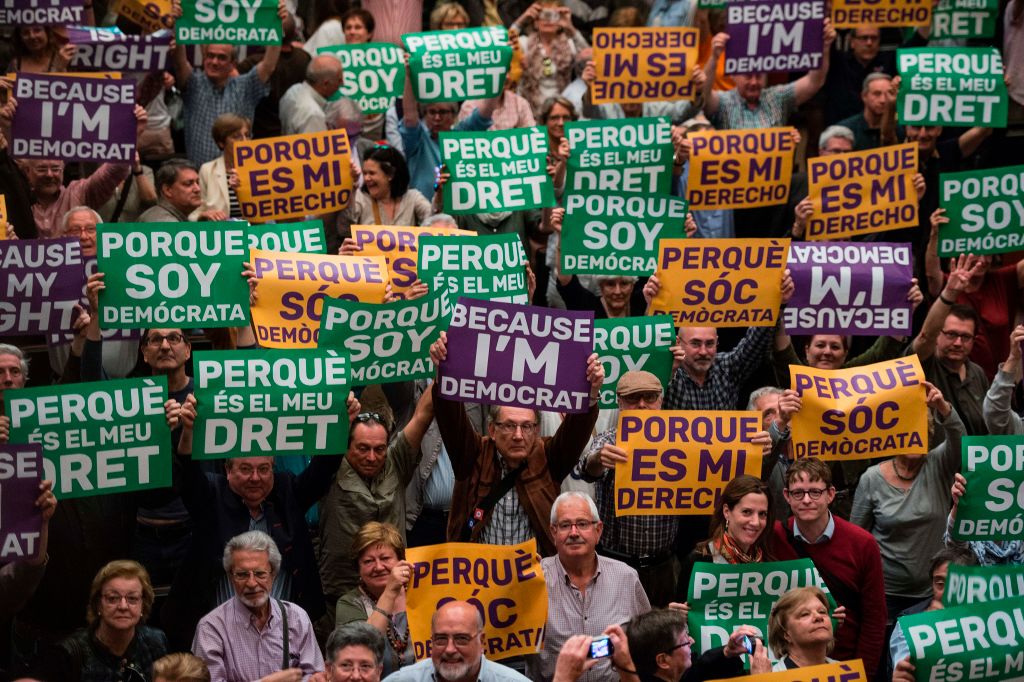

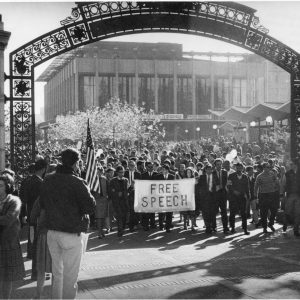


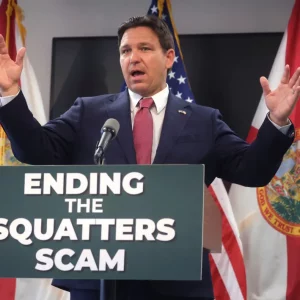
One Comment